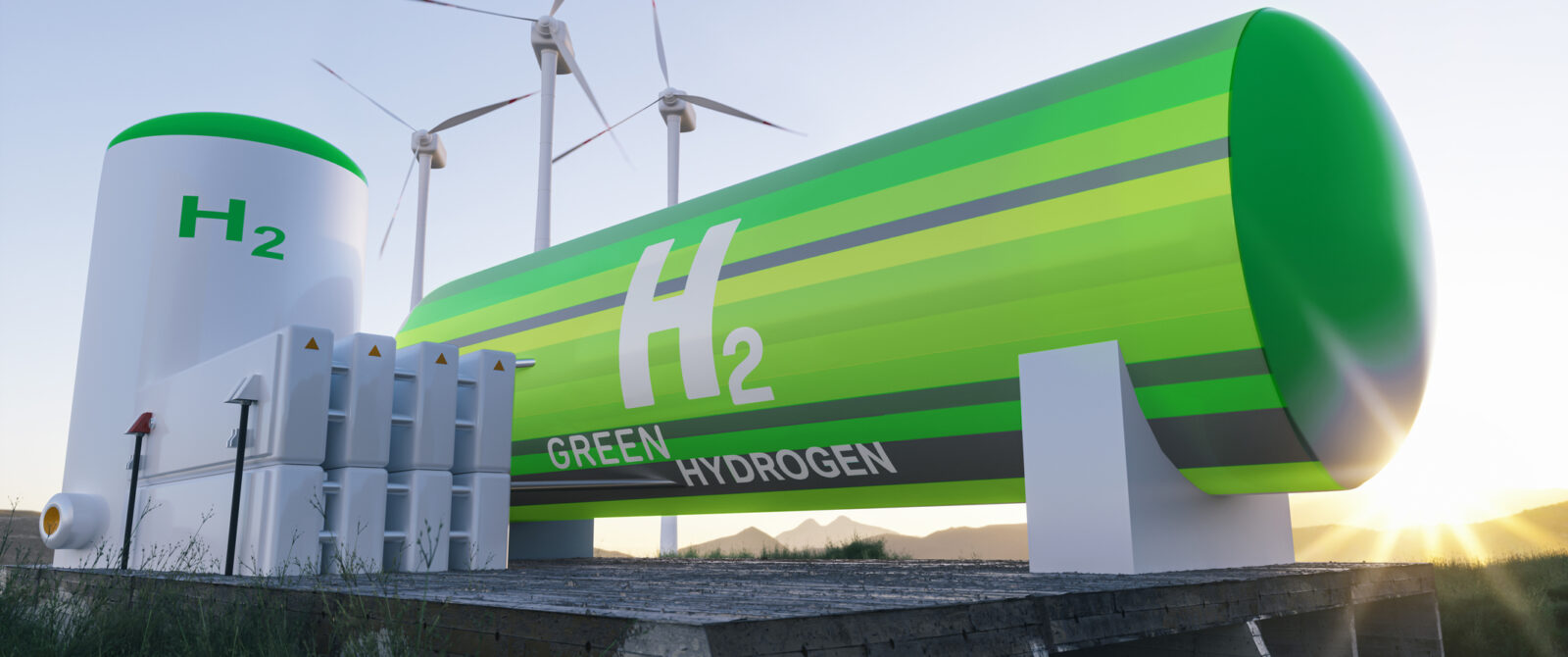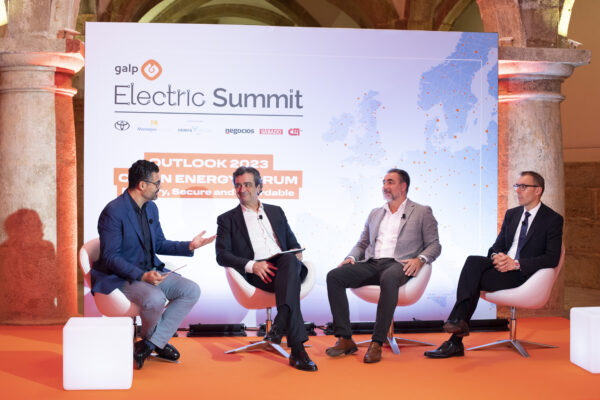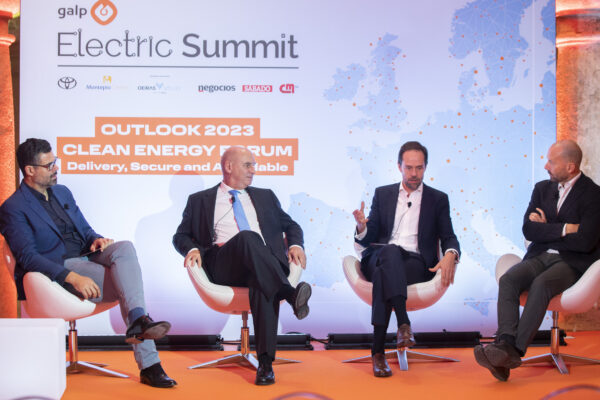The urgent need to digitalise energy
The new technologies involved with digitalisation allow for improving the efficiency and managing the complexity of the energy system, all the way from infrastructure planning, operation and maintenance, through energy generation and transmission, to energy consumption.
Regardless of the sector of operation, the evolution of the energy system over the next two decades is likely to affect businesses in multiple ways — strategically and operationally. From manufacturing to consumer industries, the future of energy is a shared future. The convergence we are seeing in the energy sector means that we increasingly need to look beyond the boundaries of each industry to assess and understand the implications of an evolving energy system, and all the possibilities it provides. The digitalisation associated with this sector is, and increasingly will be, crucial for everyone’s future.
Digital technologies have transformed our society and our economy, affecting our day-to-day lives not only at home but also at work. At a time when we are generating increasing amounts of data, experts are certain that data will be one of the drivers which will boost energy transition alongside energy efficiency, renewables and fusion power.
Indeed, data is intrinsically linked to two of the European Commission’s main political priorities: the digital transformation of the economy and society and transition to clean energies within the remit of the European Green Deal. Although the link with digital transition is clear and obvious to the EU, the role digitalisation may play in achieving Europe’s long-term climate neutrality goal by 2050 is perhaps less evident, but no less important. An EC document released at the end of last year states “When we speak about digitalisation, we mean many things. These include artificial intelligence (AI), advanced data processing, the Internet of Things (IoT), and machine learning, to name but four examples. These new technologies offer major possibilities to improve efficiency and manage the complexity of the energy system along all parts of the supply chain, from infrastructure planning, operation and maintenance, through energy generation and transmission, to energy consumption.”
Data needs to move around
The Commission explains that as our energy system becomes more decarbonised and decentralised, its digitalisation needs to follow suit, embracing the latest technology solutions. Data needs to move from one place to another, for example, from a data centre to our homes, or from the battery in the car to the charging point and the electricity network operator. “Transporting such data requires a secure and safe network, as well as a platform for a seamless exchange between the different parties involved.”
Data sharing can also help in areas such as energy performance assessments, renovation strategies or in the design, planning and implementation of sustainable energy and climate action plans, by local and regional authorities.
Making data-sharing easier – based on clear rules regarding who can access the data, when and how – will, according to the European Commission, be a building block for a common European energy data space. “It will enhance the exchange and use of data in the energy sector for the benefit of the multiple actors in the energy system, such as suppliers, infrastructure operators, energy system providers and consumers.”
Assuring a secure environment
Nevertheless, it is a fact that digitalisation creates new vulnerabilities in the energy sector, with cybersecurity and digitalisation being two sides of the same coin. Exchanging data can only happen in a secure environment, as the information passed through the internet is both sensitive and essential to cater for our daily needs. “As such”, writes the EC,
“in modern times, ensuring the security of supply now also implies improving our resilience against any coordinated cyber-attack targeting Europe’s energy infrastructures.” It therefore insists “that is why the European Commission is working with stakeholders on rules to ensure that the highest standards of cybersecurity are applied to the European electricity grid.”
The power of digital
For energy companies, achieving value from digital technologies has become the great white whale: anxiously hunted, dimly perceived, enormous and elusive. This is the picture painted by McKinsey, which asserts that it is truly important that energy companies realise the promise of digital innovation at scale, on a global basis. “It matters to the world: over the next two or three decades, more than five billion people across the developing world will seek a path out of poverty. Unlocking the magnitude of energy resources required to improve their lives, in a way that does not choke the environment, cannot be done without the power of digital to improve efficiency and manage complexity”.
The consultancy firm believes that digital innovation is one of the few means that can contend with the profound changes that are happening – by using predictive analytics to better anticipate the future, data to better inform current decisions in the here and now, and digitalisation and automation to take advantage of every increment of cost and speed that can be found.
According to McKinsey, energy companies are right to take digital seriously: it is important for their future success, and it is imperative for global economic growth and environmental care. But, says McKinsey, energy companies must summon the boldness that marked their triumphs in the past, making ingenious innovations a reality – whether creating a continent-spanning grid, extracting hydrocarbons safely from the planet’s most remote areas, or using quantum mechanics to harness the energy of the sun.











